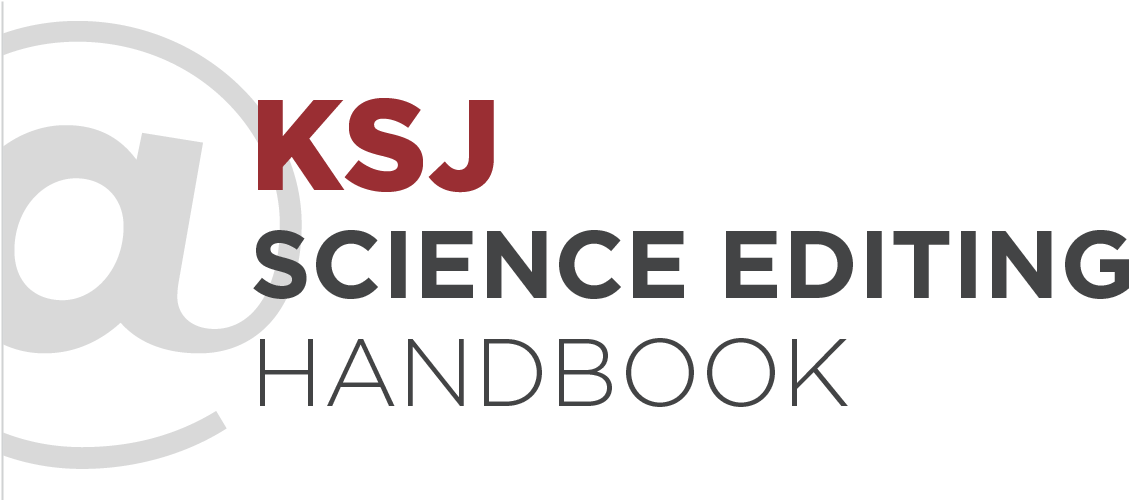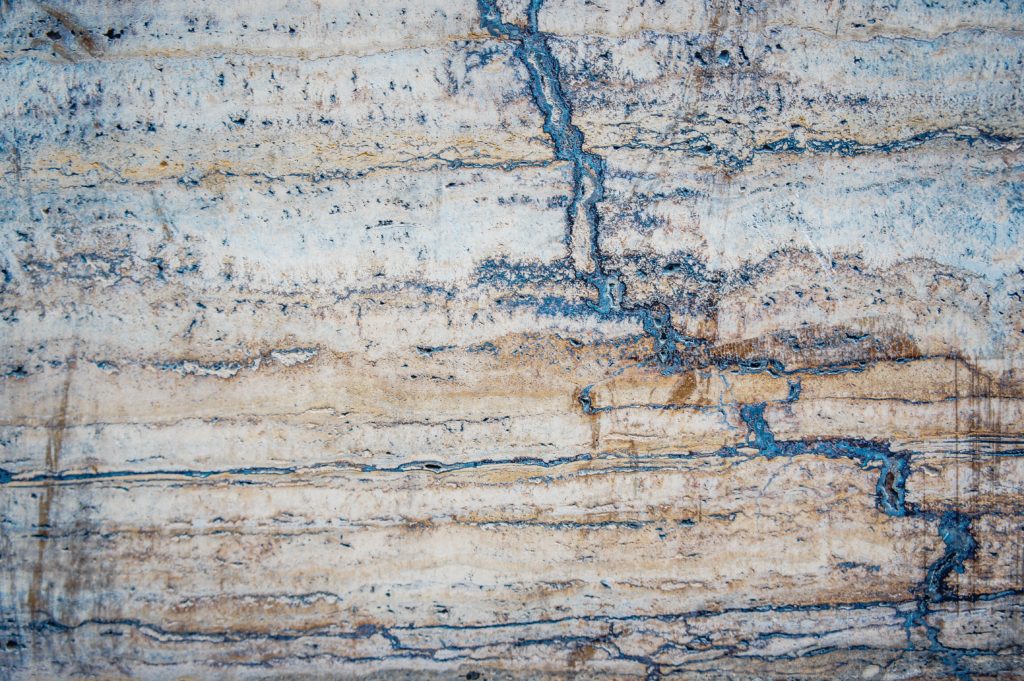Additional Reading and Resources
Society of Environmental Journalists: A good starting point for editors is the website of the Society of Environmental Journalists. It has many good sections, including Inside Story, where environmental reporters and editors discuss their work and practices; TipSheet, which examines story ideas, reporting tools, and leads for story ideas; Beat Basics, which explores key environmental topics in depth and offers ideas on stories and valuable sources; and EJ InSight, a quarterly column about environmental reporting written for photographers and videographers. The site also has a Climate Change Guide, which lists sources of information — and disinformation — on global warming, and a section on how to use the Freedom of Information Act in environmental reporting. A new addition to the website, Covering Your Climate, is designed to help editors and reporters in different regions. The first section, The Emerald Corridor, covers the Pacific Northwest, and the group will soon add sections on other U.S. regions.
Climate Central: This is an excellent website, with loads of information for journalists, policy makers, conservationists, and the general public. Climate Central has done groundbreaking work in graphics, charts, maps, and other visual tools to illustrate the current impacts of climate change and what can be expected later this century. Its Interactives section is home to much of this material, including the Surging Seas feature, which shows by year, elevation, and various water levels how sea-level rise will inundate coastlines. The Maps section has excellent interactive material delving into subjects as varied as shifting seasons and the growing damage caused by extreme weather events.
Earth Journalism Network: An important organization, representing thousands of members from 180 countries, with information about covering environmental and climate issues in the developing world. The web site contains reporter resources with information about key topics, such as the spread of diseases from animals to humans or reporting on climate-change solutions. The network also posts many recent stories on the environment and climate.
The Open Notebook: This is a valuable site for science editors and writers, featuring interviews with journalists, examples of top stories, and a section in which leading environmental journalists talk about their work.
Drilled: Founded by the journalist Amy Westervelt in 2018, Drilled features podcasts devoted exclusively to climate change.
National Climate Assessment: Prepared by scientists from the U.S. government, the assessment is an excellent source for editors looking for scientific grounding in how global warming is affecting the United States.
Intergovernmental Panel on Climate Change: The mother of all climate-change organizations and site of the most comprehensive global reports on the subject, the IPCC is working on a new global report, but meanwhile its 2014 Synthesis Report for Policymakers is good, if somewhat outdated, primer on the science of climate change.


